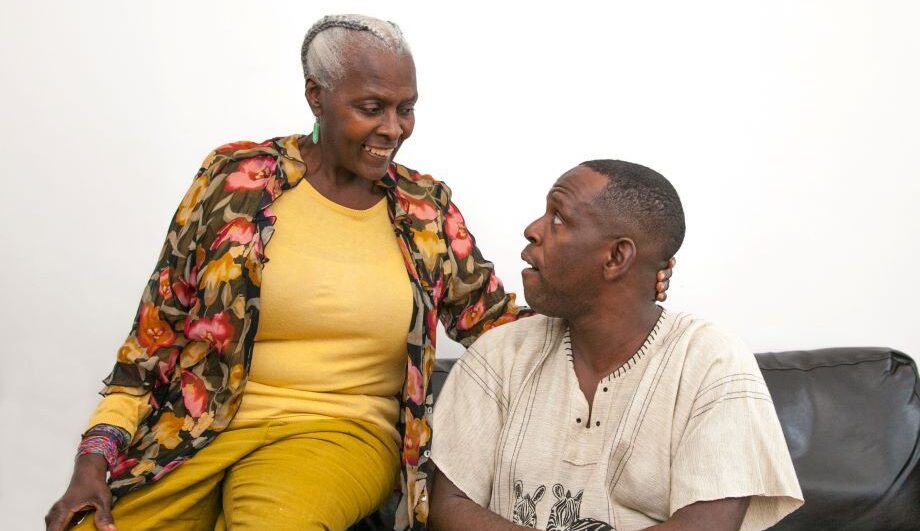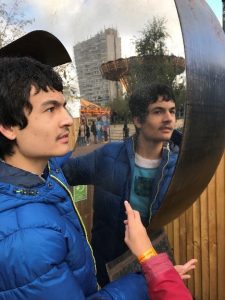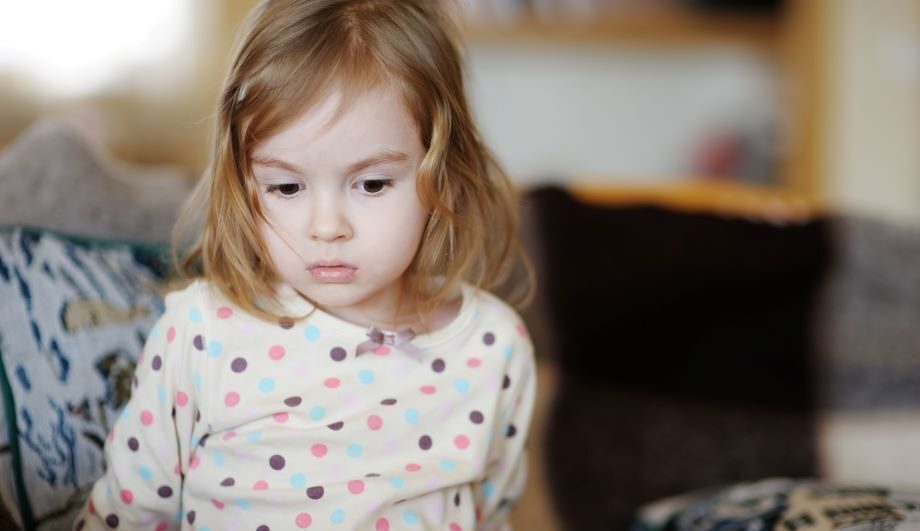
Communication
If you can’t tell other people what you want (or don’t want!) challenging behaviour can be more likely. Making communication better can reduce challenging behaviours.

The Seldom Heard project was launched in recognition of the need to get better at seeking the views of children and adults with learning disabilities and more complex communication challenges.
 No words but lots to say
No words but lots to say“My daughter was a woman without words, but that did not mean she had nothing to say! This was true when she was very young, right throughout her life, including about her end of life care.” Jean Willson, Family Carer
Everyone has the right to have a say about their own life and about wider issues that impact on them. This includes children, young people and adults with severe learning disabilities and profound and multiple learning disabilities. In reality, we know that these peoples’ perspectives are seldom heard. This can be because people think it is too difficult, but this is not true, it just requires more skilled and creative approaches.
In 2017 we published a report called Valuing the views of children with a learning disability showing how a range of people were using different methods to understand the views of children with learning disabilities.
Watch a video from the project
In 2021 we published a report called Stop Look and Listen to me. This report details methods developed by the CBF and the Tizard centre to understand the views and perspectives of young people with severe learning disabilities. We did this as a pilot for the Seldom Heard project.
The Seldom Heard project builds on existing good practice around listening to and involving people with severe and profound learning disabilities. See ‘Relevant background information’ section.
 Seldom Heard project
Seldom Heard projectIn recognition of the need to get better at seeking the views of children and adults with learning disabilities and with more complex communication challenges, NHS England has funded the Seldom Heard project.
We all need to be more creative to make sure we listen properly to everyone, especially about decisions that make a difference to peoples’ lives. This includes people who might not have their views and preferences considered, for example:
Some of these children and adults may also be autistic.
 The Challenging Behaviour Foundation and the Tizard Centre have been working on new and creative ways to improve how we listen to these individuals. We have been supported by an advisory group which includes family carers, providers, Mencap and PMLD Link.
The Challenging Behaviour Foundation and the Tizard Centre have been working on new and creative ways to improve how we listen to these individuals. We have been supported by an advisory group which includes family carers, providers, Mencap and PMLD Link.
The Seldom Heard project will use these methods to find out about the views and preferences from at least ten people about how to deliver better support to people with learning disabilities by summer 2021.
Children and adults who take part will benefit by:

Following on from the Seldom Heard project, the CBF were asked by NHS England to develop a project to hear the voices of children and young people with complex communication needs. This was written into a report for the Office of the Chief Dental Officer (OCDO).
The NHS Long Term Plan has a commitment to deliver sight, dental and hearing checks to children and young people with a learning disability and/or autism in residential special education settings.
This project aimed to ensure that the experiences of children and young people with severe or profound and multiple learning disabilities and their family inform NHS clinical standards for dental care, and inform sight and hearing care for those with SEND.
Once this report is published, it will be made available here.
The Challenging Behaviour Foundation are working on the Blagrave ‘Young People in Policy Making’ project, also known as ‘What Matters to Me’. Our work will involve creatively engaging young people with complex needs and support to have their views heard to influence national policy.
The aim of this work is to influence the partners in an NHS led project Building the Right Support, which aims to reduce the number of people with learning disabilities in inpatient units. We will also aim to influence other key stakeholders responsible for the support and services for this group of young people.
Find out more here:
For further information and regular project updates straight into your inbox, you can sign up to our Seldom Heard email network.
To sign up, please email seldomheardvoices@thecbf.org.uk
Check out the first in our series of communication blogs by Jill Bradshaw, Senior Speech and Language Therapist.
We will be posting more videos and blogs about the project as it develops.
The Seldom Heard project builds on existing good practice around listening to and involving people with severe and profound learning disabilities. For example:

If you can’t tell other people what you want (or don’t want!) challenging behaviour can be more likely. Making communication better can reduce challenging behaviours.

This page provides details of a CBF-led three-year project on early intervention called Paving the Way.

The information in this section will help you understand what is meant by poor support and abuse, and who to talk to if you suspect your relative is coming to harm or not being cared for properly.